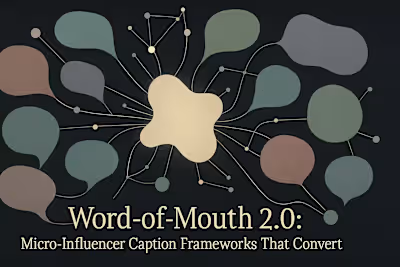Hire an SEO Expert: 5 Questions to Ask Yourself First

Hire an SEO Expert: 5 Questions to Ask Yourself First
Why an SEO Expert Matters
5 Questions to Ask Yourself Before Hiring an SEO Expert
1. Do You Have Specific Goals for Your SEO?
2. Have You Considered Your Budget and ROI Timeline?
3. Will Your Team Support the SEO Process?
4. Do You Know How You’ll Measure Success?
5. Does the Expert’s Strategy Fit Your Brand Values?
Common Myths About Hiring an SEO Expert
Planning Your Budget and Expectations
Tips for Working With an SEO Expert
FAQs about Hiring an SEO Expert
What if my budget is small?
How do I avoid SEO scams?
Can I learn enough SEO to do it myself?
Is local SEO different from national SEO?
Your Next Steps
Hire an SEO Expert: 5 Questions to Ask Yourself First
Why an SEO Expert Matters
“If a tree falls in a forest and no one hears it, does it make a sound? Same with your website if Google doesn’t see it.”
5 Questions to Ask Yourself Before Hiring an SEO Expert
1. Do You Have Specific Goals for Your SEO?
“Hoping to ‘rank higher’ is not a strategy. Knowing what keyword and why—that is.”
2. Have You Considered Your Budget and ROI Timeline?
3. Will Your Team Support the SEO Process?
4. Do You Know How You’ll Measure Success?
“If no one checks the numbers, it’s just vibes and spreadsheets.”
5. Does the Expert’s Strategy Fit Your Brand Values?
Common Myths About Hiring an SEO Expert
“Agencies have processes. Freelancers have Slack notifications, insomnia, and Google Sheets with 37 tabs.”
Planning Your Budget and Expectations
“SEO ROI is like composting—you won’t see results tomorrow, but in 6 months, the soil’s different.”
Tips for Working With an SEO Expert
“SEO plans are like GPS routes—expect rerouting when the traffic changes.”
“SEO isn’t a fire drill, but ghosting your freelancer turns it into one 🔥.”
FAQs about Hiring an SEO Expert
What if my budget is small?
“If someone offers ‘full SEO services’ for $99/month, expect a monthly report and no real work.”
How do I avoid SEO scams?
“If the contract has more words than the strategy, back away slowly.”
Can I learn enough SEO to do it myself?
“Learning SEO is like learning guitar. You can play a few chords in a weekend, but soloing takes years.”
Is local SEO different from national SEO?
“Local SEO is like running for city council. National SEO is like running for president.”
Your Next Steps
“Hiring an SEO expert without a plan is like showing up to a doctor’s office and saying, ‘Fix me.’ Fix what exactly?”
Posted Apr 9, 2025
Hire an SEO expert with confidence. Ask yourself these 5 key questions first to align goals, budget, and expectations before making the investment.










